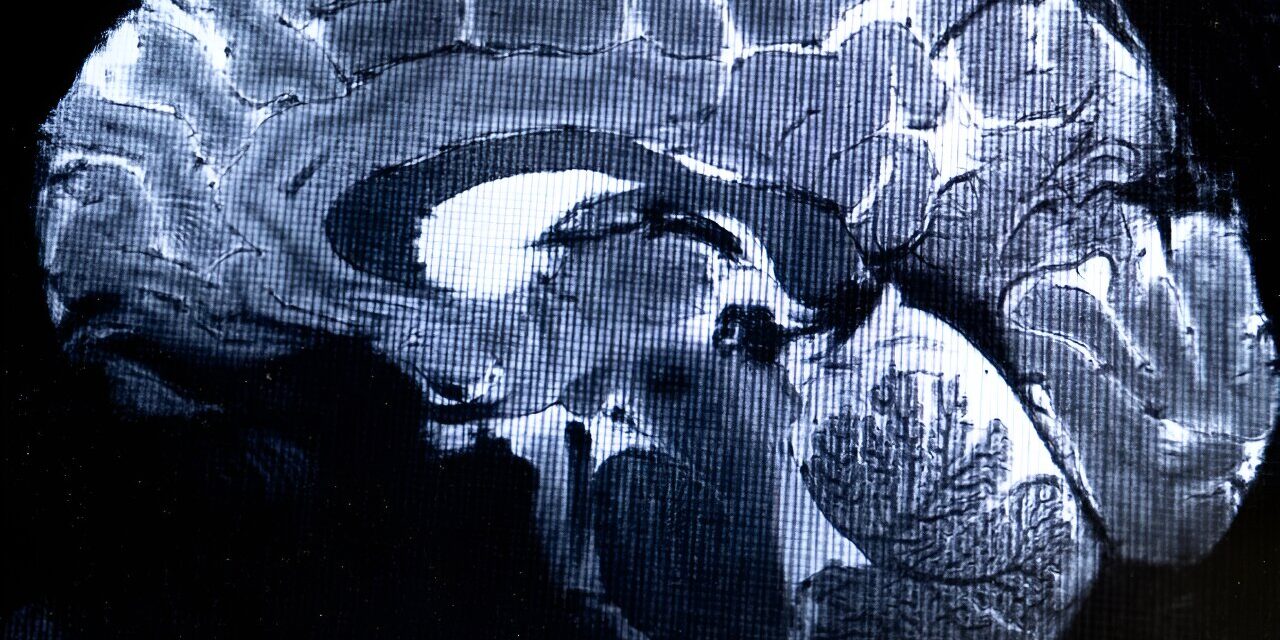June 19, 2024 – A recent study reveals that brain scans may produce distorted readings due to individuals becoming more relaxed and sleepy during the procedure. This relaxation, along with changes in breathing and heart rates, alters blood oxygen levels in the brain, which can be falsely detected as normal neuronal activity.
Research conducted by investigators from McLean Hospital, Harvard Medical School, and the National Institute on Drug Abuse – Intramural Research Programme (NIDA-IRP) in the US indicates that the decline in arousal levels during brain scans significantly distorts brain connection maps produced by functional magnetic resonance imaging (fMRI).
“These arousal-dampening conditions create the illusion that people’s brain connection strengths continuously inflate throughout the scan to help better connect the ideas,” said Cole Korponay, a Research Fellow at the McLean Hospital Imaging Center, in the study published in the journal Nature Human Behaviour.
FMRI scans are widely used to non-invasively map brain connectivity in various situations, including surgical planning, understanding the impact of strokes, and studying the neurological effects of mental illness. However, since fMRI relies on changes in brain blood oxygen to measure neuronal activity indirectly, it is susceptible to “noise” from other physiological processes, such as changes in breathing and heart rates.
The study identifies a specific blood flow signal, known as the “systemic low frequency oscillation” (sLFO) signal, which appears to track both the decline in arousal levels and the illusory inflation of functional brain connection strengths. The sLFO signal grows over time during scanning, tightly matching the pattern of the connection strength increases.
“By adopting this sLFO denoising procedure, future studies can mitigate the distortive effects of arousal changes during brain scans and enhance the validity and reliability of fMRI findings,” said Korponay.
This research highlights the need for improved methods to reduce the impact of physiological noise on fMRI data, ensuring more accurate and reliable brain connectivity maps for clinical and research applications.











